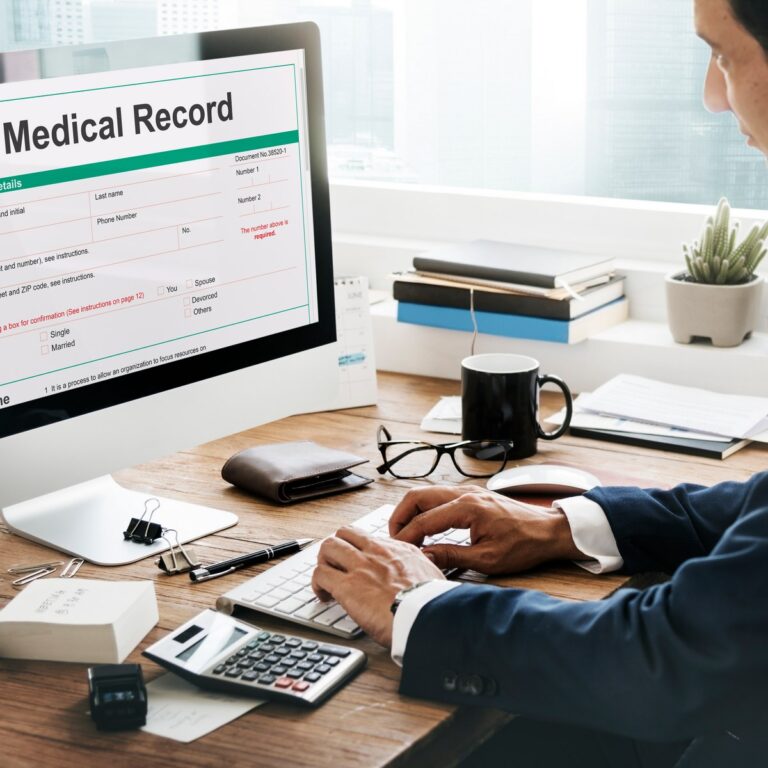In the complex world of healthcare revenue cycle management (RCM), efficient back-end processes are vital for ensuring a steady cash flow and minimizing revenue leakage. Back-end RCM Services encompass various critical tasks, including A/R (Accounts Receivable) follow-up, denial management, and patient statement generation and follow-up. Explore the significance of these services and how they contribute to a streamlined RCM workflow.
A/R Follow-up:
A/R follow-up plays a pivotal role in ensuring timely payments and reducing outstanding balances. It involves diligent tracking and communication with insurance companies and patients regarding pending claims and outstanding balances. Back-end RCM services utilize advanced technology and skilled professionals to streamline the A/R follow-up process.
Denial Management:
Dealing with claim denials is a major challenge for healthcare providers. Denials can occur due to various reasons, such as incorrect coding, missing documentation, or non-compliance with payer guidelines. Effective denial management involves promptly identifying and rectifying denied claims to avoid revenue loss.
Patient Statement Generation and Follow-up:
Clear and concise patient statements are essential for enhancing patient satisfaction and facilitating prompt payment. Back-end RCM services streamline the statement generation process by automating the creation and delivery of patient statements.
Benefits of Back-End RCM Services:
- Increased Revenue: By efficiently managing A/R follow-up and denial management, organizations can accelerate cash flow, reduce bad debt, and optimize revenue capture.
- Enhanced Productivity: Outsourcing back-end RCM services allow healthcare providers to focus on core clinical activities while relying on experts to handle complex billing and collection processes.
- Improved Compliance: Back-end RCM services stay up to date with changing regulations, ensuring adherence to compliance standards and minimizing the risk of penalties.
- Better Patient Experience: Patient statement generation and follow-up services promote transparency, prompt communication, and flexible payment options, resulting in improved patient satisfaction.
Back-end RCM services, including A/R follow-up, denial management, and patient statement generation and follow-up, play a vital role in optimizing revenue cycle performance for healthcare providers. By leveraging specialized expertise and advanced technology, organizations can streamline their RCM workflow, enhance revenue capture, and provide a seamless experience for both insurance companies and patients. Adopting these services allows providers to focus on delivering quality patient care while ensuring financial stability in an ever-evolving healthcare landscape.




